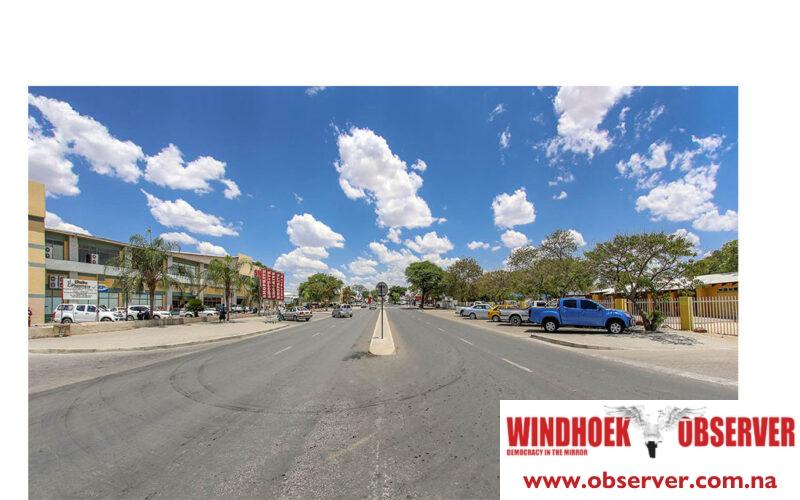CHAMWE KAIRA
The Ministry of Environment, Forestry and Tourism has given Namwater an environmental clearance certificate to upgrade the Rundu Purification Plant, Namwater has announced.
The project aims to upgrade the existing water supply schemes at Rundu and Nkarapamwe (inclusive of construction of a new water treatment plant at Rundu, upgrading of water supply abstraction, reservoirs and conveyance systems and the decommissioning of the old water treatment plant and associated redundant infrastructure at Rundu.
Projects documents obtained by Observer Money showed that both NamWater schemes have difficulties in coping with the water demand at Rundu Town.
The reservoirs’ levels are at best between 4% and 30%, and that is a concern for a town with a high population growth rate of 5.4% per annum. The project is funded by the African Development Bank (AfDB).
The project will focus on providing the necessary water supply infrastructure to meet the current and future water demands for the Rundu town area and a few surrounding villages. Rundu is the largest town in the Kavango East Region.
Both schemes abstract raw water from the Kavango River and after treatment and disinfection, potable water is supplied to various consumers, including the Rundu Town Council, the military base at the airport, government institutions, industries, businesses and private consumers. The existing water schemes are old running at maximum capacity.
As a result, internal NamWater studies suggested the upgrading of the existing Rundu and Nkarapamwe water supply schemes and construction of a new water treatment plant at Rundu with an increased capacity of 1 800 cubic meters per hour to eventually meet the ever-growing demand up to the year 2037.
The project will focus on providing the necessary water supply infrastructure, water abstraction facilities, reservoirs and conveyance systems to meet the current and future water demands.
At present, the total potable water supply capacity of the Rundu and Nkarapamwe schemes is approximately 840 cubic meters per hour.




